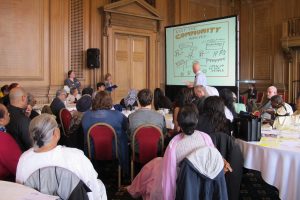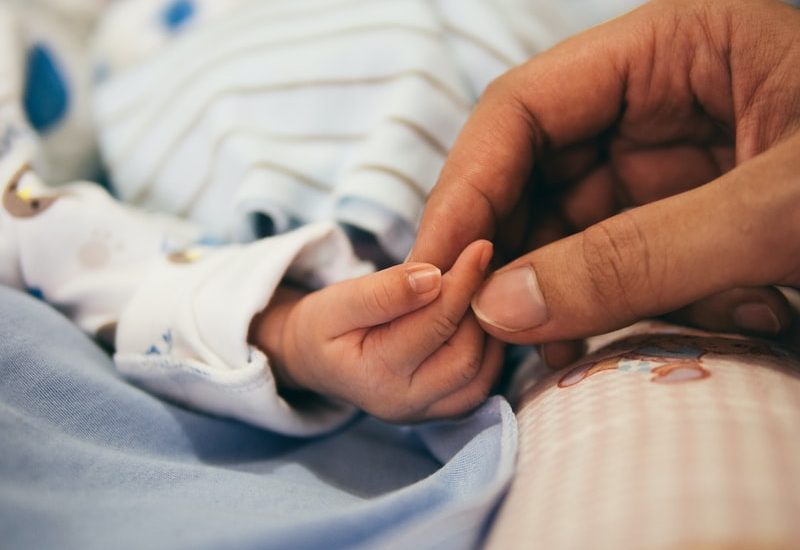In April 2017, LIP supported Leeds Adults and Health in holding a Your Health, Your Say conference which was promoted specifically to the BAME community. LIP helped to develop the agenda for the
Unity Business Centre 26 Roundhay Road Leeds LS7 1AB 0113 237 4508 info@leedsinvolvement.org.uk
In mid-2016, LIP were asked to engage with women and their partners who had accessed pregnancy and maternity services in Leeds either during pregnancy or within a year after their child’s birth. The
Zip was founded by LIP in 2012. Originally called the Dual Diagnosis Expert Reference Group, it set out to improve the support people get for mental health, drug and alcohol problems. At the
In May 2019, we hosted four medical students from the University of Leeds, showing them various different sections of our organisations including how being a member of a group allows a person to
Our brilliant Board member Prem Singh Duggal was involved with Friends of Guru Nanak Woodlands Leeds who have been fundraising to plant 550 trees in Leeds celebrating Guru Nanak’s 550th birth anniversary. Guru
Through October to December 2019 we spoke to over 60 women on behalf of Leeds City Council regarding issues that were important to them including finance, employment, education and language barriers. Our reports
Connecting Leeds is Leeds City Council’s ambition to transform travel in Leeds for people who live, work in and visit the city. In 2016, they started their biggest-ever transport conversation in which over
In April 2019 LIP were contacted by the NHS Providers and asked to speak at an event for over 60 governors from across the Yorkshire area. Our CEO Jagdeep Passan presented on the
Sticking to the government guidelines regarding self-isolation and social distancing is paramount, however staying at home with limited or no human contact can have a significant impact on our mental well-being especially the









